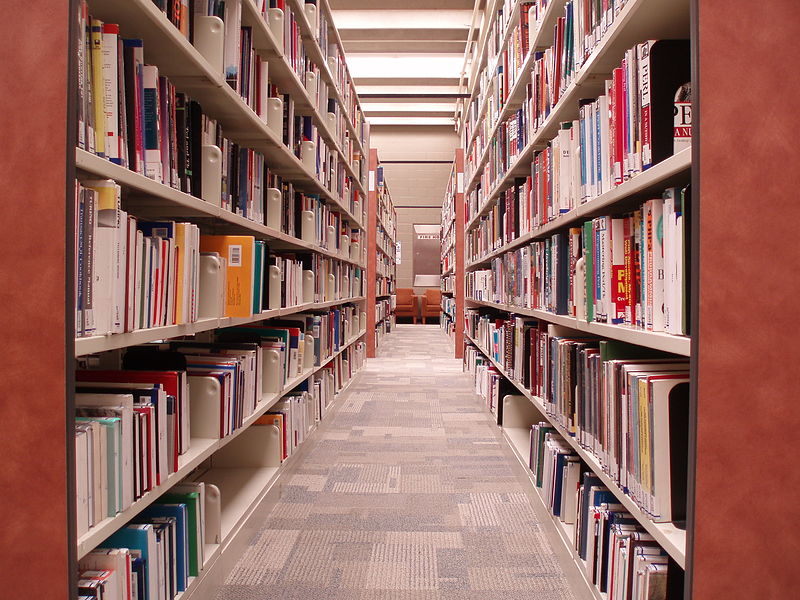Venturing Past the Books in the Library: Using Public Resources to Learn about Diverse Local Histories
21 February 2014 - 5:56pm
 Recent THEN/HiER Blog posts have tackled how to include family histories in the classroom and have offered a myriad of online resources that allow students and teachers alike to perform research from the comfort of their own homes. These tools are great for developing core research skills that every student needs – but let’s not forget the basic library research experience that every young researcher needs! With the surge in popularity of genealogy research, local libraries across Canada have cultivated extensive local history collections that can rival large institutions. These special collection areas require the researcher to venture past the stacks and into ominous reading rooms that include a mixture of archival holdings, books, microfiche, and more.
Recent THEN/HiER Blog posts have tackled how to include family histories in the classroom and have offered a myriad of online resources that allow students and teachers alike to perform research from the comfort of their own homes. These tools are great for developing core research skills that every student needs – but let’s not forget the basic library research experience that every young researcher needs! With the surge in popularity of genealogy research, local libraries across Canada have cultivated extensive local history collections that can rival large institutions. These special collection areas require the researcher to venture past the stacks and into ominous reading rooms that include a mixture of archival holdings, books, microfiche, and more.
For example, the London Room at the London Public Library holds both primary and secondary resources for the City of London and surrounding counties. This excellent collection contains books, diaries, manuscripts, minutes, maps, photographs, and municipal documents. During a recent research trip to the London Room, I was able to locate information on a historical home, find a manuscript on the history of cigar manufacturing in London, and discover the marriage and death certificates of a key local historical figure. This research process was made seamless by the eager assistance of the reference librarian, another key resource for researchers.
Students are usually quite surprised to find the different history resources at their local libraries – did you know that most libraries offer services to help you find the history of your home? Or that a large number of local libraries have compiled historical scrapbooks to make their history interesting and easily accessible? These can be incredibly fun ways to introduce students to their local histories. In attempts to make local histories engaging, libraries have also started to offer lecture series. The London Public Library runs the “Lost Stories of London” and the “Hidden Stories of Hamilton” lecture series every fall and the North York Public Library has had exciting guest lecturers, such as Derek Boles, chief historian of the Toronto Railway Museum. The Canadiana Department at the North York Public Library houses reference materials for the Ontario Genealogical Society, the Jewish Genealogical Society, the Canadian Society of Mayflower Descendants, the York Pioneer and Historical Society, and the North York Historical Society. The opportunities for discovery are endless, and well worth a class trip.
However, for those dreary days like today where one cannot fathom leaving the house in the face of unbearable slush and rain, there are incredibly useful online resources such as Archeion that allow users to discover a wealth of archival resources. Archeion is run by the Archives Association of Ontario and holds records from a wide variety of organizations across the province. Researchers can discover materials such as photographs, diaries, minute books, church registers, municipal records. Some participating organizations include: The United Church of Canada Archives, Ottawa Jewish Archives, Bank of Canada Archives, and the Art Gallery of Ontario Archives. The digitization of records from ethnic and religious groups, municipalities, and corporate bodies allows for the communication of many different diverse histories just waiting to be discovered.
How do you incorporate local historical resources into your history lessons?
Photo Source: http://commons.wikimedia.org/
- Se connecter ou créer un compte pour soumettre des commentaires

